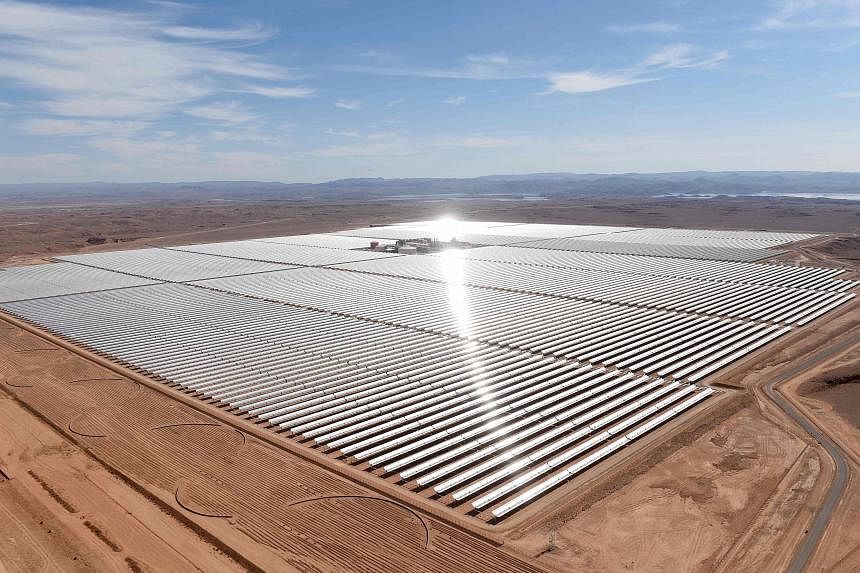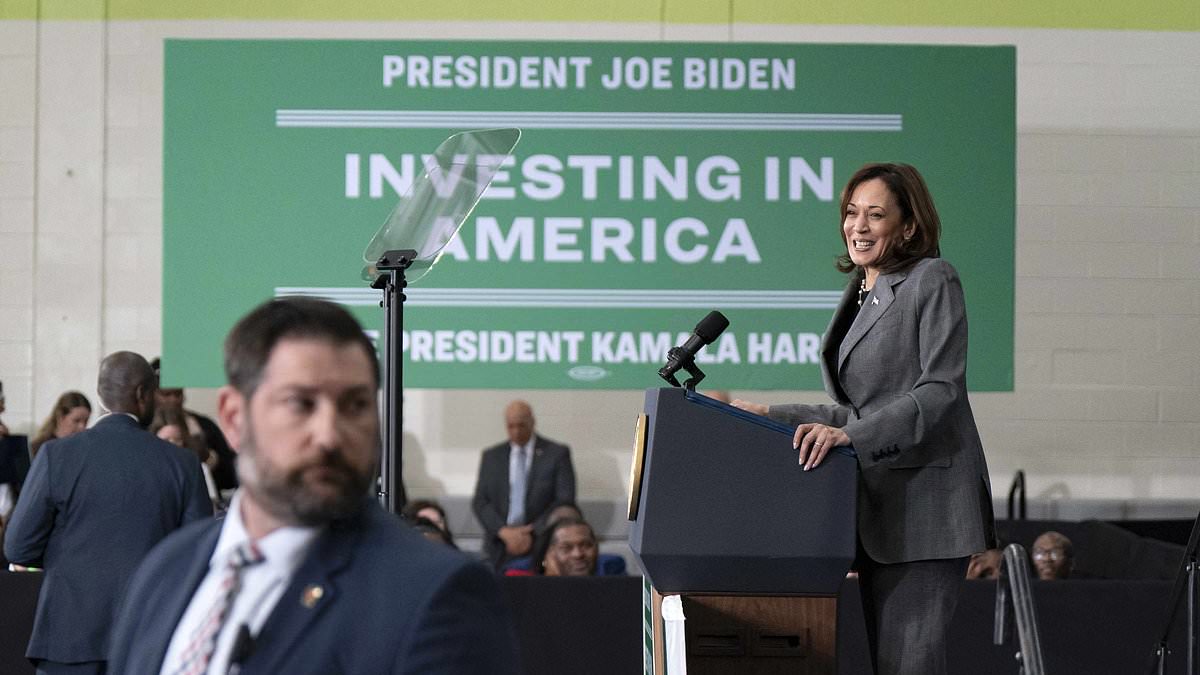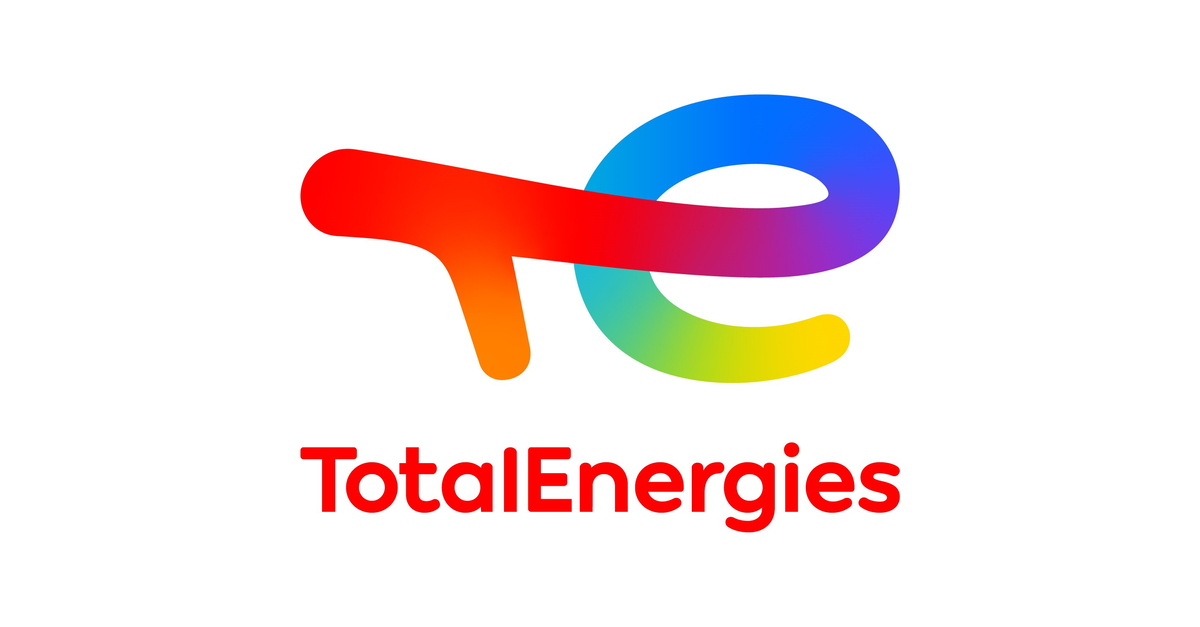A Bold Pledge at COP28: Tripling Global Renewable Energy Capacity
In a historic move at the COP28 United Nations climate talks in Dubai, a decisive resolution is in the works, advocating the tripling of global renewable energy capacity by 2030. This ambitious target has garnered support from 123 nations, including Singapore and various ASEAN nations, signifying a monumental challenge in the fight against climate change.
Challenges and Costs: Navigating the Path to 11,174 GW
As of 2022, global renewable energy capacity stands at 3,382 gigawatts (GW). The proposed surge to 11,174 GW within a mere six years demands an estimated investment of US$10.4 trillion, as projected by the International Renewable Energy Agency (IRENA). This transformative shift aims to elevate the share of global power generation from the current 30% to an ambitious 91% by 2050.
Channeling investments to economically disadvantaged nations, a crucial aspect stressed by IRENA, has been a focal point. Director-General Francesco La Camera acknowledges the monumental task, dubbing it a ‘mission impossible,’ drawing parallels to the film, but remains optimistic about its achievability.
The Global Impact and Urgency for Action
Tripling global renewable energy promises significant payoffs, primarily in reducing greenhouse gas emissions and displacing fossil fuel use. Beyond the environmental benefits, it also addresses urgent concerns such as providing electricity to the 567 million people in sub-Saharan Africa without access.
However, achieving this target necessitates comprehensive reforms. Urgent investments of approximately US$5 trillion in new grid infrastructure, policy support, and financial aid for developing nations are imperative. Furthermore, fostering green energy supply chains and training a skilled renewable energy workforce is essential to ensure sustainable growth.
The importance of financial support, particularly for economically challenged nations, cannot be overstated. Despite wind and solar becoming the most cost-effective electricity sources globally, ensuring affordable capital remains a hurdle, especially for nations burdened with post-pandemic debts.
In conclusion, COP28 holds the key to shaping the future of renewable energy. Calls for financial support, a commitment to phasing out fossil fuels, and a united global effort underscore the urgency of achieving this unprecedented goal by 2030. The world is watching, and the stakes have never been higher.
Source: straitstimes.com





